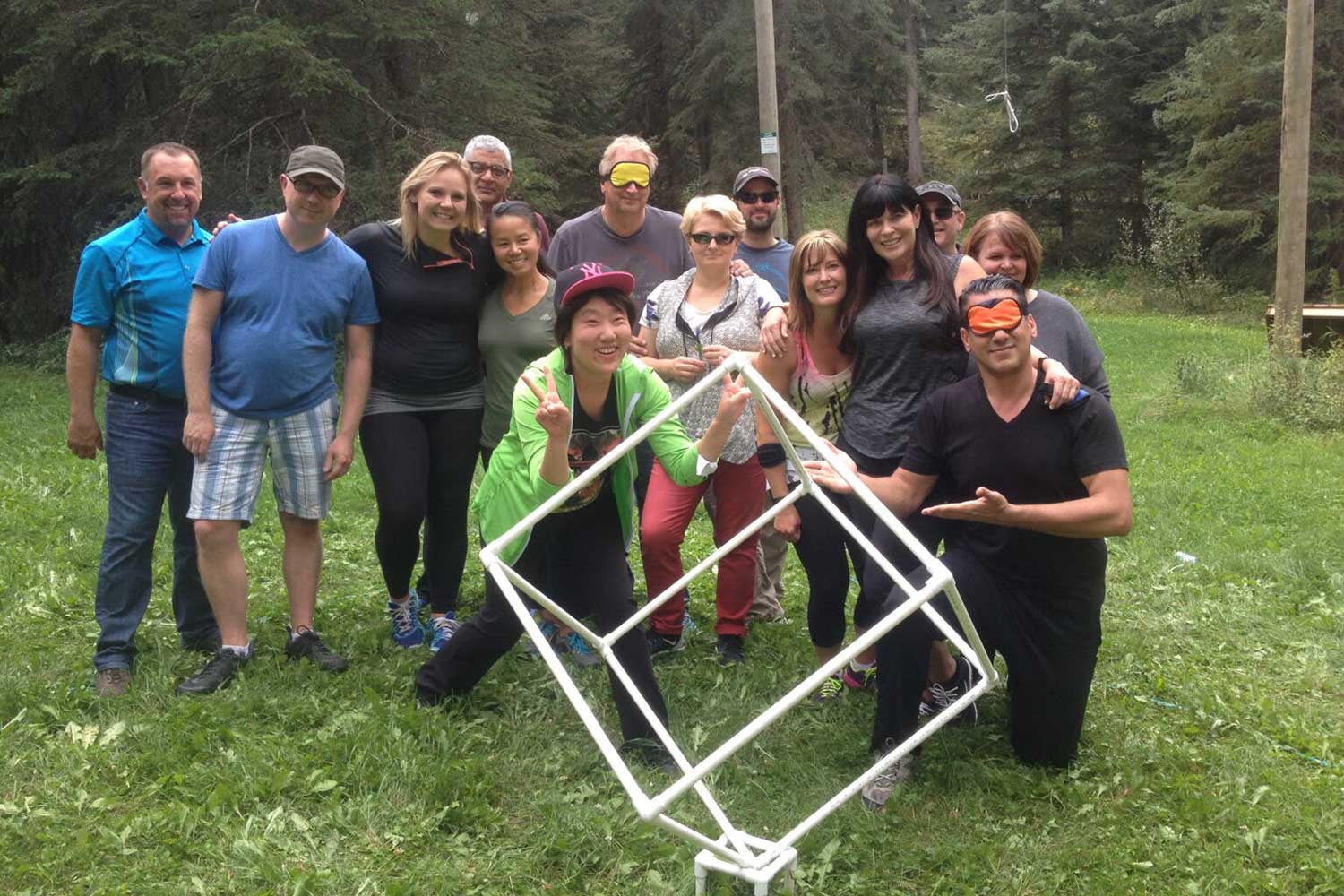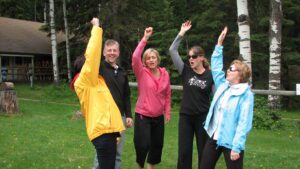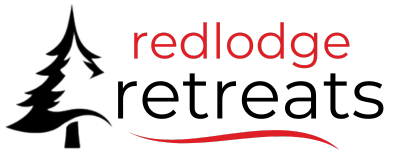5 Tips for Motivating Teams in Tough Times (Rebuilding Post-Lockdown)

Motivate your Team in Tough Times –
A Guide to Pandemic Team Health
COVID-19 has affected all our lives making it more important than ever to motivate your team. Covid has significantly changed the team dynamic within our relationships, workplaces and communities. At times, it has felt like our sense of purpose and direction has been under attack, leaving us with challenging decisions and an unknown future.
Team motivation can be hard to grab onto in tough times. Our attention and energy goes into survival mode and we have very little left for work, hobbies or even passion projects. This is especially true if we are leaders trying to inspire and motivate the teams we lead.
So how do you motivate your team in tough times?
Thankfully, this is not the end of the story. We often find our best selves during the toughest moments, and COVID-19 has been no different. Although there have been challenges, people have rallied and we are beginning to rebuild.
It all Starts With Great Communication
Having open and honest conversations is the foundation of an effective team. You need to speak to your employees and teams about the business, and the nuances of what it means to do business in this current climate.
Create a safe space for people to express their thoughts & feelings.
Employees feel significant, and valued, if their voice is heard. It doesn’t mean they get to direct the ship, but it means they are a valuable shipmate with an important voice.
Figure out what you can Control and what you Can’t
As we move forward in this pandemic, there are things that have been out of our control, such as the need for masks, physical distancing and sanitizing.
One thing that will not change the outcome, is complaining.
However, how you implement these components into your business, and how you continue to serve your customers, while adhering to the health and safety guidelines, is in your control.
Focusing on the things you can affect will build positivity within your team.
Discourage Blaming and Encourage Personal Accountability
The quickest way to an unhealthy team dynamic is to allow blame and mistakes to fester and grow. Unhealthy teams are defined by the way they treat each other and that in turn, affects their interactions with clients and the bottom line.
You must constantly protect the culture.
Stay on top of personal drama and blaming. If there is an issue, create an environment where people can be heard and the issues resolved. Focus on personal accountability and stick to your outcomes. If being late isn’t tolerated, then don’t tolerate it. People want direction and they want leadership.
What Does a Motivated Team Look Like?
Here are characteristics of a motivated team that can act like a target for you and your team.
A motivated team:
- Has a common purpose which is clear to the members and is aligned with their values.
- Faces a challenge, together. It needs to be a worthy challenge, but not impossible. It’s usually something one person alone is unable to achieve. It needs the skills of the entire team.
- Has a sense of camaraderie. The team’s interpersonal relationships are functional. Lines of communication are open. Team members provide mutual support and encouragement.
- Takes responsibility and has authority. This contributes to teams remaining motivated over longer time periods. (But be careful – if the organization has a blame culture, or a tendency to punish errors, responsibility can be viewed negatively and may be demotivating).
- Supports opportunities to grow and learn new skills. Learning, developing expertise, stretching minds. These all enhance self-esteem and help motivation levels remain high.
How to Transition Towards a Motivated Team
Experiential Team Building – can it work to make your team more effective?
On the surface, experiential team building is a fun day away from the office. People get a buzz from trying new activities, pushing themselves to their limits, and enjoying themselves with their colleagues. Also, research supports the view well-designed, well-facilitated experiential learning programs make people more effective at problem solving, communication and recognizing diversity.
But what about motivation? Can this type of training motivate a team?
 The thing is, we can’t measure a person’s motivation. We have to infer they’re motivated from their behavior. We have no way of knowing what motivates someone to work well at the office, to contribute effectively to a project, to go ‘above and beyond’ for the sake of a work assignment. Even if they tell us what motivates them, there’s always a chance it may not be true.
The thing is, we can’t measure a person’s motivation. We have to infer they’re motivated from their behavior. We have no way of knowing what motivates someone to work well at the office, to contribute effectively to a project, to go ‘above and beyond’ for the sake of a work assignment. Even if they tell us what motivates them, there’s always a chance it may not be true.
So what can we do to get the work performance we want from a team?
If you want a motivated workforce, you need to create an environment that supports these characteristics. You need to build an organizational culture that allows teams to thrive by:
- Being sure of their purpose.
- Understanding their team members.
- Promoting open communication and feedback.
- Delegating appropriately.
- Providing staff development opportunities.
Experiential team-building activities have the potential to be an important part of such a strategy. They build self-confidence and social skills. They teach people how to deal with an element of risk – all things which will help create a motivated team.
Team performance comes from more than being motivated. Sometimes, there are other qualities needed; qualities team building activities will promote. But a day or two of well-designed experiential team building can have a substantial impact. The novelty and physicality of the experience and the personal risks involved, contribute to people being willing to do a bit more, to strive a bit harder, both at work and at play.
Red Lodge Ropes Course, a division of NexLevel Challenge, works with businesses that share our mindset, philosophy, and values of Connection, Fun & Excellence. Our powerful experiential training programs create high performance teams.
Give us a call 1.866.840.2840, pop us an email or visit our website Red Lodge Ropes Course.
